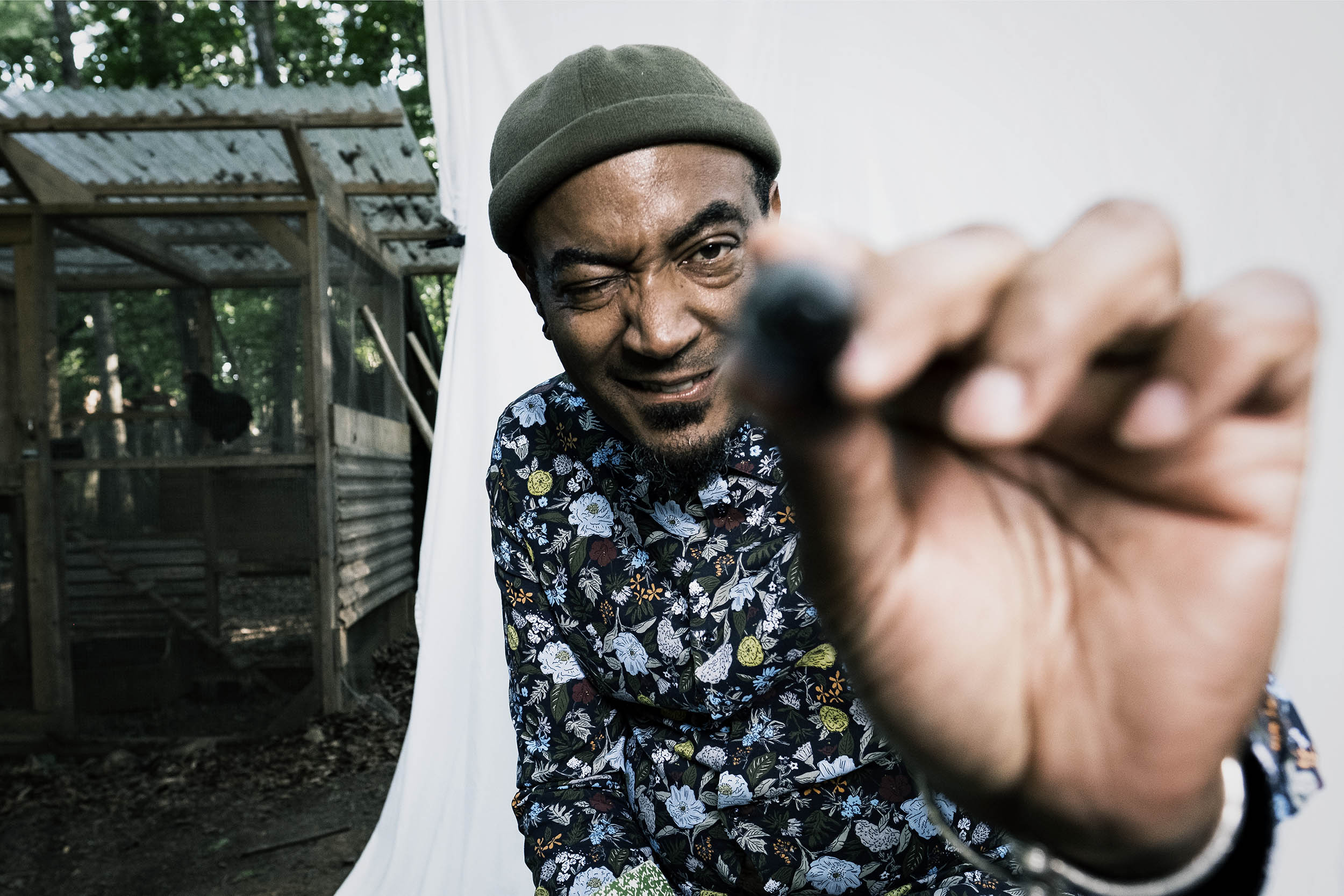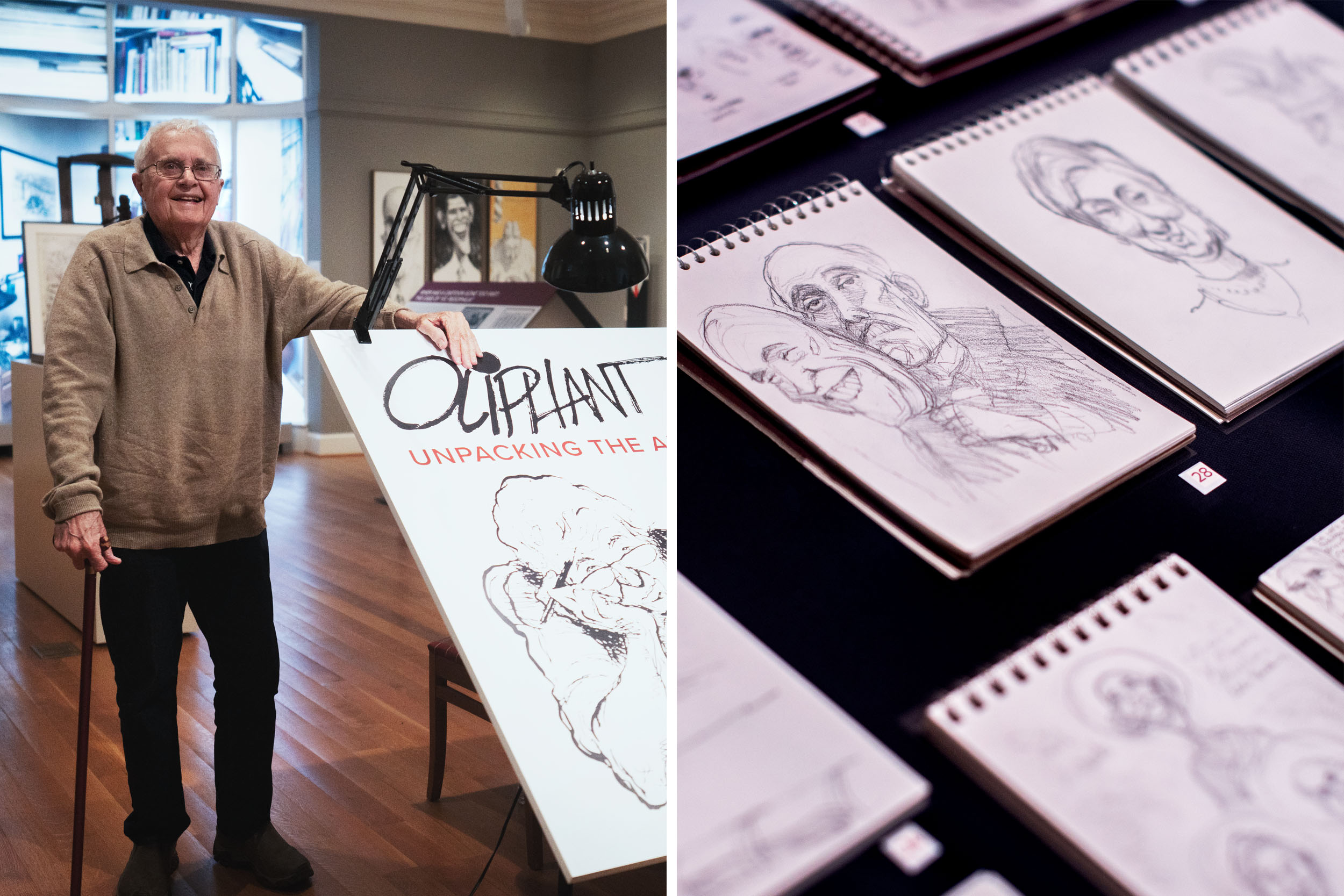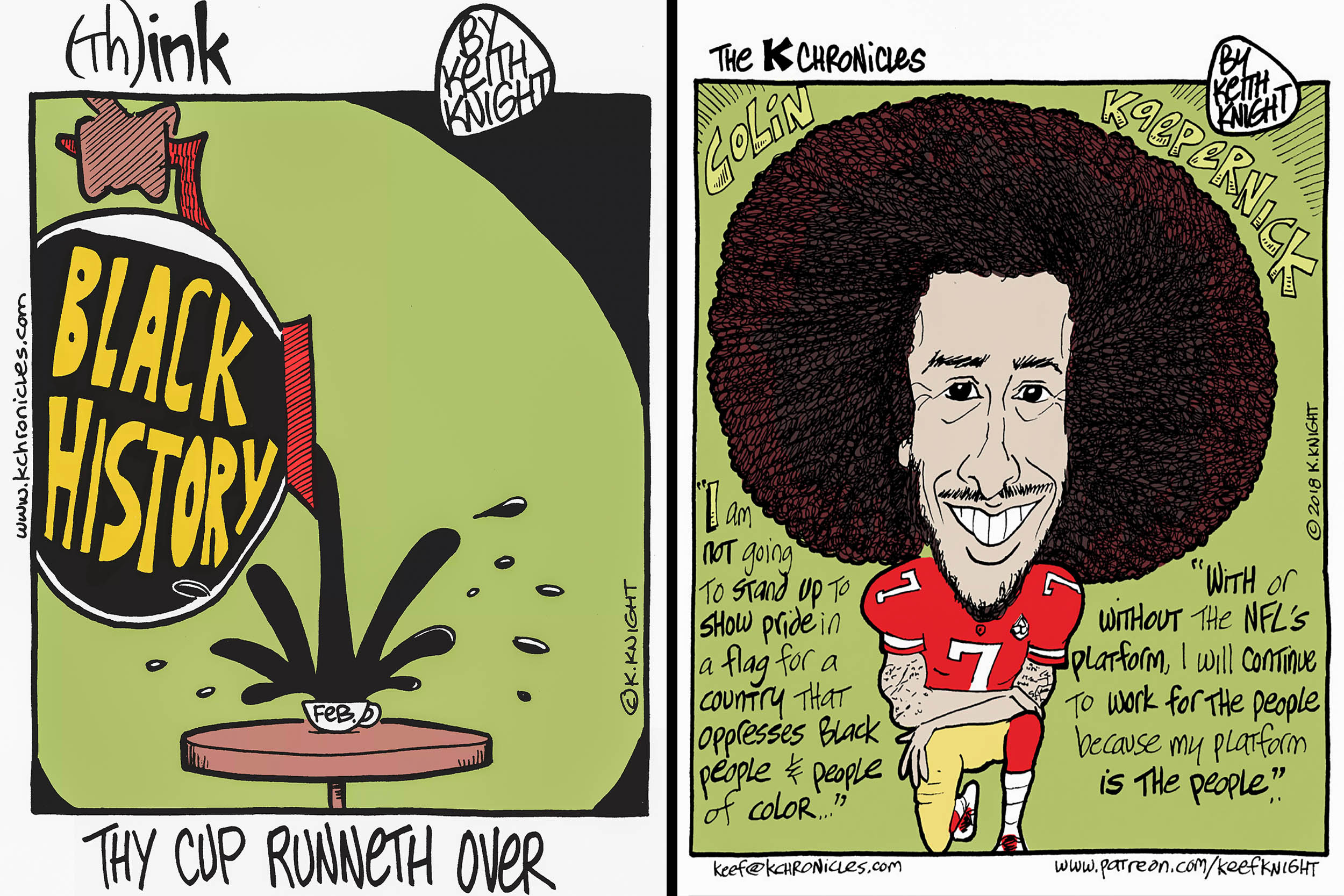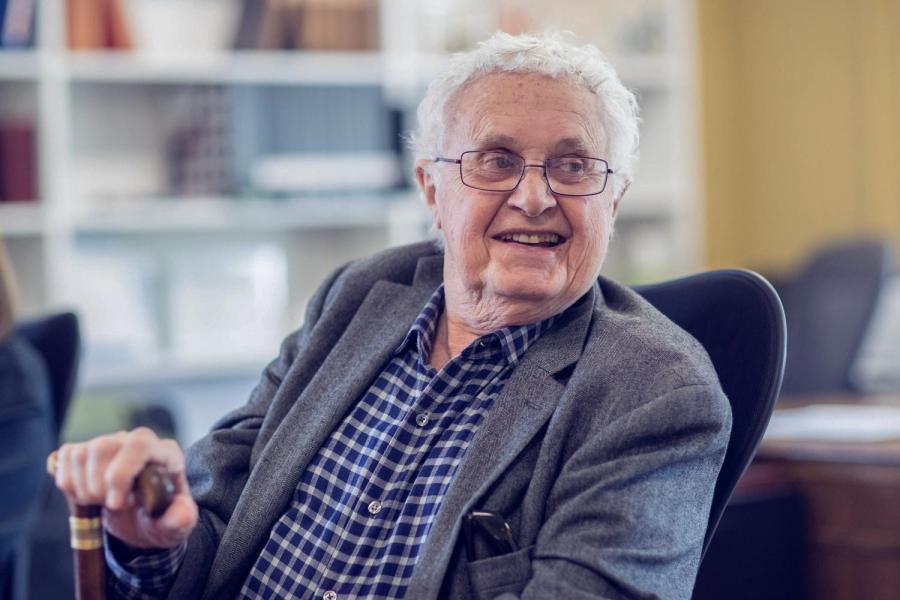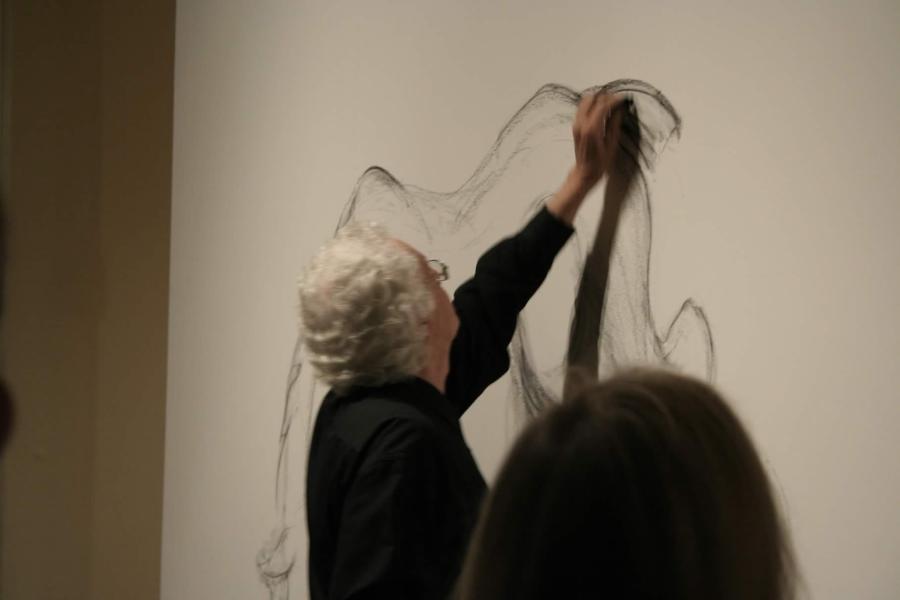As the 2020 U.S. presidential election nears, the University of Virginia’s Albert and Shirley Small Special Collections Library offers the sharp perspectives of political cartoonists on living through these turbulent, uncertain times – and on making a living in the future.
A three-day virtual symposium on “The Future of American Political Cartoons: A Symposium in Honor of Pat Oliphant,” to be held Oct. 22 to 24, will feature keynote speaker Keith Knight, special guest Patrick Oliphant and some of the country’s most influential political cartoonists for in-depth discussions of the field, today and tomorrow. This symposium was to be held last spring in conjunction with the UVA Library’s 2019-20 exhibition, “Oliphant: Unpacking the Archive,” and has been made virtual to ensure this important conversation moves forward.
In 2018, the Small Special Collections Library acquired Oliphant’s extensive professional archive, with material from more than five decades of work. With print news media receding as online sources and digital tools proliferate, the world is changing for this form of visual commentary, once the shared experience of every reader with a newspaper and a cup of coffee. Now retired, Oliphant is deeply concerned about the future of the genre he has influenced so profoundly, said conference organizer Molly Schwartzburg, the curator who co-organized the library’s Oliphant exhibition with University Professor Elizabeth Hutton Turner.
“The library wanted to host this conversation because we were inspired by Pat Oliphant’s insights after half a century in this rapidly changing field,” Schwartzburg said in email. “For instance, freedom of expression is the subject of one of our panels. Pat moved to the U.S. in 1964 in large part because editors in his native Australia were too timid to publish many of his sharp, trenchant cartoons about that turbulent era. American editors gave him free rein. In the U.S. today, cartoonists like panelist Rob Rogers risk being fired after their home newspapers publish cartoons that are too critical of national politicians.”
